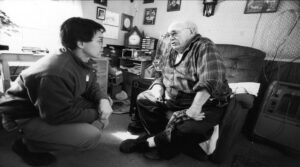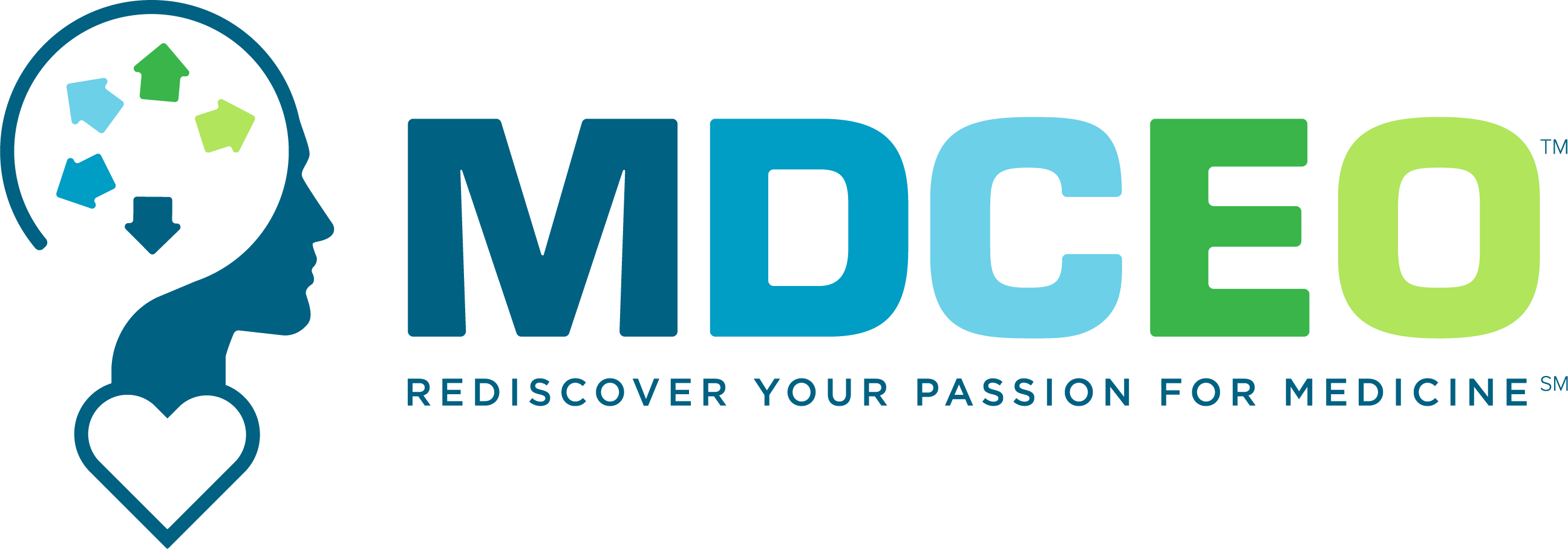August 19, 2024: Patient Loyalty
Moving from Fee for Service to Prospective Payment in Primary Care: The Future of Primary Care – Part 17

Competition among health systems for primary care patients. According to some reports, only 40% of employees when asked report that they have a personal physician.
Once upon a time, in what we call the “Marcus Welby, MD” era, most people had a relationship with a primary care physician. When people had a medical concern, they contacted their primary care physician and the clinician treated problems over the phone or even made house visits. People over 55 remember Marcus Welby MD, those younger have no idea what it’s like to have a personal physician unless they grew up with a Family Physician as their care giver.
So why is patient loyalty important? First, trust is the foundation on which improved health behaviors is built on. Patients who trust their family doctor will generally accept their doctors advice. Loyalty develops after trust is established, leading to continuity of care over the long haul. In addition to building strong relationships, you can also observe the patient over time and identify hidden patterns that allow you to see the big picture and the hidden forces that help you to understand what motivates/influences a patient. A hallmark of advanced primary care is spending more time with patients in order to better know them and to encourage them to trust you as their clinician.
In a prepaid, value-based payment plan, you earn money if the patient stays with you, they stay healthy, and you help them avoid unnecessary Urgi-care, ER, specialist visits, hospitalizations, and tests. Your willingness to tolerate ambiguity and a scope of practice are extremely important in assessing your patient’s concerns. Remember, this is what Family Physicians, general internists, nurse practitioners and physician assistants were trained to do. So also is the patient’s loyalty to you and your practice. It’s the power and magic of relationship.
Recently one of us spent a few days in a community hospital. At one point two volunteers pushed a cart with an upper and lower deck into the patient’s room. They excitedly explained that a patient could have as much of everything on the cart as the patient wished. It was like that lady on the train in a Harry Potter movie, selling candy to the students, only this was all free stuff… the woman volunteer kept explaining.
This was clearly an attempt to “buy” the patient’s loyalty. While this may be inexpensive, it’s totally missing the point. If you want to influence a patient’s loyalty, work to deliver the best care possible. Communicate caring and compassion to your patients. Find ways to treat him/her well. The docs taking time to talk to patients at each stage along the way as opposed to sending messages to the patients and relying on the nurse to convey the message makes a difference. Making sure the docs and nurses have the time to communicate becomes critical whether in the office, in the hospital or over the phone.
Dr. Tuggy was in clinic the other week and had a wonderful reminder of loyalty. A patient presented 7 years ago with vague abdominal discomfort and after a careful history and exam, he pulled out his portable ultrasound and found a 9 cm aortic aneurysm that was about to rupture. Dr. T quickly contacting the vascular surgeon, setting up a rapid evacuation to the hospital (2 hours away in this rural area) and the patient had emergency surgery and avoided catastrophe. The clinic visit last week was a celebration of life – between this patient and his doctor. The patient still sees Dr. T as “my doctor”, even though a new younger group of physicians have taken on his practice over 4 years ago.
The service you see in the picture above is what will buy loyalty and if the patients has a need he/she will call you before heading to a hospital. It takes more than a quick “If you have a health care issue call us” to build patient loyalty. Trust does not come without real effort.
